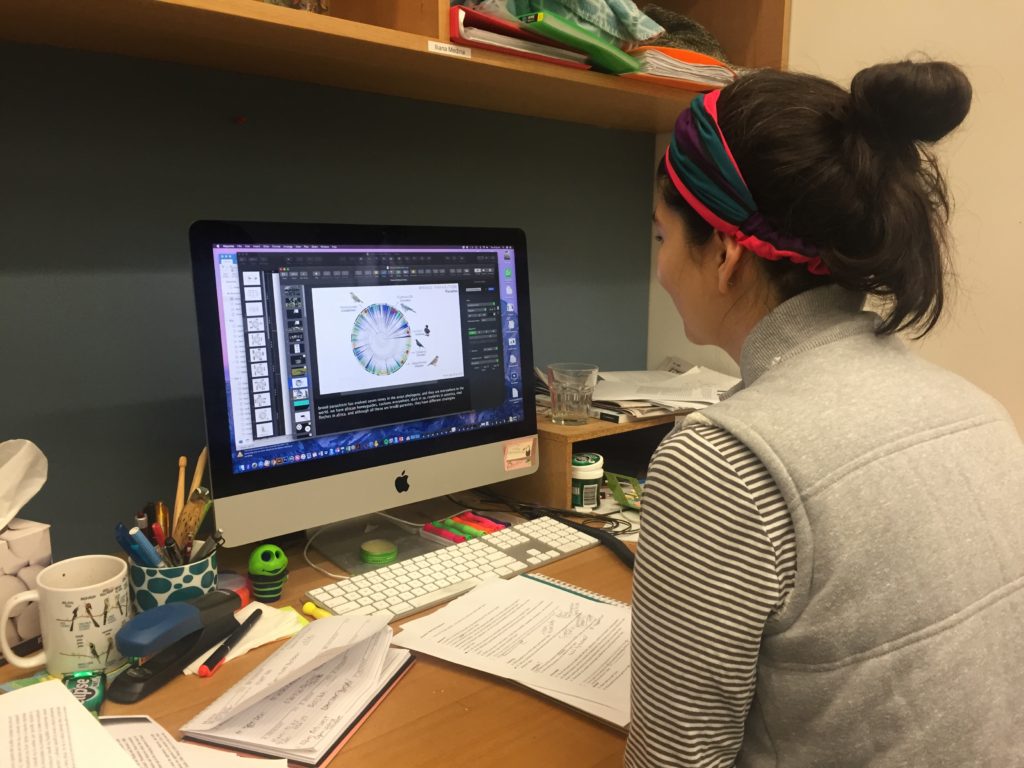This July and August, we’re running a special series of blog posts profiling AOS members around the world, in honor of the recent change to AOS’s bylaws eliminated any reference specifying the Western Hemisphere as the Society’s geographic sphere of influence. This week, meet Iliana Medina Guzmán, a postdoctoral researcher in Australia.
What’s your current affiliation and title?
I am a postdoctoral researcher at the University of Melbourne in Australia.
What are you working on right now?
I work with the evolution of color in birds. I also work with brood parasitism from a broad perspective, like comparative analysis, that type of thing. Those are my two most recent interests. I am mostly on the computer — I use databases a lot for my work, because I do analyses on a lot of different species. I spend most of my time reading and looking for information on all of these species.
Recently we are working on how brood parasites target their host species based on territory size — do they target species that live in larger territories or smaller territories. So I go into the literature and try to find information for each species of host and non-host for average territory size, breeding densities, distribution, things like that.

When did you join AOS, and why did you decide to join?
I just became a member last fall. I decided to join because I read a lot of papers from The Auk and The Condor, because for my comparative analyses I need information on the natural history of lots of different species, and those journals have a lot of that information. I published myself part of my thesis in one of those journals. And being an AOS member also includes access to databases like Birds of North America, which I also use for all of these comparative analyses. So that’s super useful. I thought AOS membership was a really great value for all the benefits that it brings.
I have to confess that I feel a bit like an impostor, because I consider myself an evolutionary biologist that happens to work with birds, not a real ornithologist. I’m more interested in the questions than the actual organisms, but I like birds a lot and I work with birds for most of my questions.
What do you see as the best benefit of being an AOS member?
Definitely the journals and Birds of North America! I haven’t been to any meetings or anything like that, so for me it would be the journals and the access to the databases.
